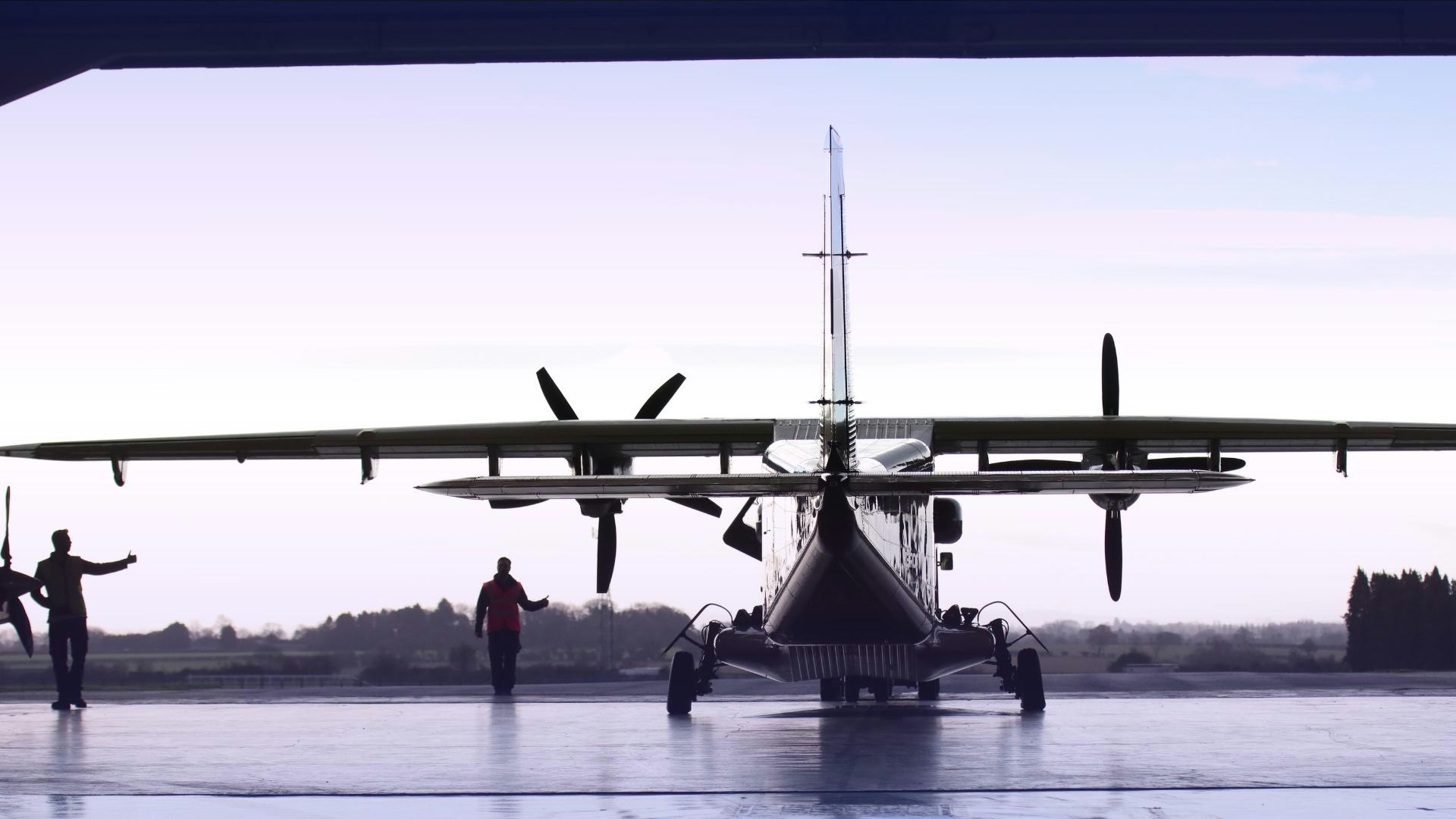AeroGenie — Votre copilote intelligent.
Tendances
Categories
Clean Aviation Outlines Objectives for Upcoming RISE Project Call

Clean Aviation Outlines Objectives for Upcoming RISE Project Call
Focus on Hydrogen and Hybrid Engine Technologies
Clean Aviation is preparing its next call for proposals under the RISE programme, expected in early 2026, with a strong emphasis on hydrogen technologies and a hybridised narrowbody engine. While the precise budget and thematic scope remain under discussion, these areas are anticipated to be central to the initiative’s future development. The question of whether flight testing will be mandatory for projects in this call is still being evaluated, as the EU-funded programme balances its priorities against available resources.
Sebastien Dubois, head of programme development and communications at Clean Aviation, highlighted that the overall budget for the second phase of the programme totals €900 million ($1.04 billion), allocated across three calls. The third call alone accounted for €378 million, and the final structure and budget for the upcoming fourth call are expected to be confirmed by late November or early December, ahead of the planned February launch. Following the call’s release, bidders will have three months to submit their proposals.
Progress and Priorities from the Third Call
The governing board of Clean Aviation recently approved the launch of 12 projects selected under the third call, with grant agreements currently being prepared to enable work to commence in early 2026. These projects include significant funding for flight tests of the RISE open-fan engine, developed by the GE Aerospace–Safran joint venture CFM International, alongside ground tests and preparations for flight testing of the Rolls-Royce UltraFan 30, a geared-fan demonstrator designed for narrowbody aircraft. The programme aims to advance the unducted fan engine to technology readiness level (TRL) 6 and the UltraFan 30 to TRL 5 by 2030.
Dubois explained that the third call concentrated on “harvesting the technologies that are sufficiently mature,” specifically those at TRL 4, building on projects initiated in 2023 and concluding next year. He emphasized that projects needed to have already reached TRL 4 at the start to qualify for funding.
Notably absent from the latest call were hydrogen propulsion projects, whether fuel cell or direct combustion, reflecting the current immaturity of these technologies. Dubois clarified that this exclusion was not influenced by Airbus’s recent delay in its hydrogen-powered aircraft timeline but was instead a reflection of the readiness levels of the technologies themselves. Nevertheless, hydrogen is expected to return as a major focus in the fourth call, with potential EU investment of around €100 million.
Challenges and Broader Industry Context
The forthcoming RISE Project Call faces challenges in securing funding for flight tests beyond the CFM RISE engine, as concerns persist regarding testbed capacity and scheduling. The market response is expected to be cautiously optimistic, given the substantial allocations for both flight and ground tests of the UltraFan 30. Competition among bidders is likely to intensify, with projects such as the ATR-led DEMETRA initiative, which targets hybrid-electric propulsion for regional aviation, seeking to secure funding for their innovations.
Developments outside Europe may also influence the sector’s trajectory. Tanzania’s $420 million synthetic fuel initiative aims to compete with Dangote in Africa’s jet fuel market, potentially affecting global aviation fuel supply chains. Against this backdrop, the EU-backed Clean Aviation Joint Undertaking plans to engage industry stakeholders in consultations on new aircraft technologies in 2026, a process that could further shape market dynamics and funding priorities in the coming years.

Emirates Unveils Cabin Design for New Boeing 777X

Eighteen Years On, the Airbus A380 Remains Central to a $34 Billion Airline

How a boom in luxury airline seats is slowing down jet deliveries

Navitaire Outage Attributed to Planned Maintenance

Airbus Plans Record Delivery of 870 Aircraft in 2026

DigiYatra Debuts Outside Aviation at India AI Impact Summit

Vietnam Orders Strengthen Boeing’s Commercial Outlook

Airbus Signals Uncertainty Over Future A400M Orders

JobsOhio Awards $2 Million Grant to Hartzell Propeller for Innovation Center

Collins Aerospace Tests Sidekick Autonomy Software on YFQ-42A for U.S. Air Force CCA Program
